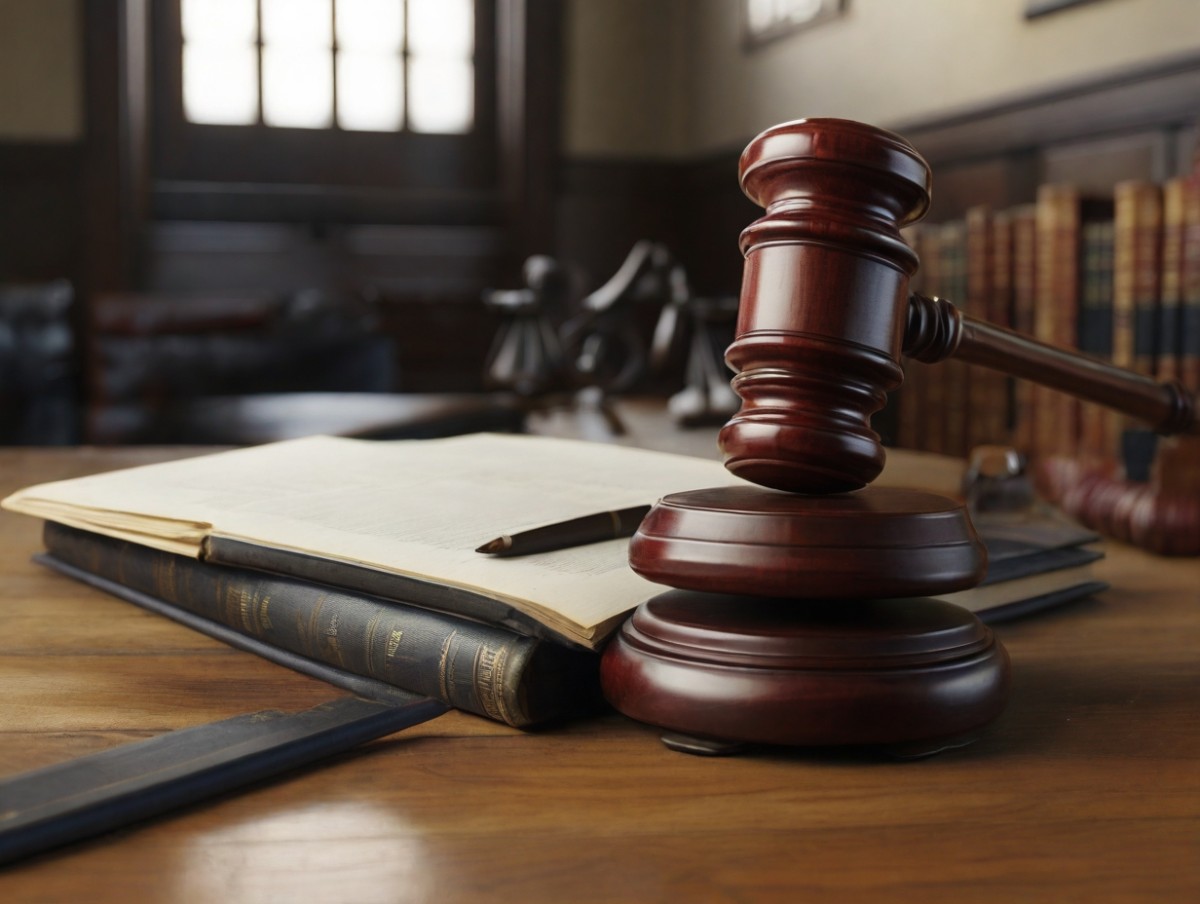Elon Musk has initiated legal action against OpenAI, along with its CEO Sam Altman and president Greg Brockman, accusing them of breaching their founding principles. The lawsuit, filed in the Superior Court of California, County of San Francisco, alleges that OpenAI’s transition from a non-profit organization to a for-profit entity, particularly its affiliation with tech giant Microsoft, jeopardizes the pursuit of artificial general intelligence (AGI) for the betterment of humanity.
Elon Musk’s allegations of breach and unfair practices
Musk’s lawsuit includes claims of breach of contract, breach of fiduciary duty, and unfair business practices against OpenAI. He asserts that the company’s recent alignment with Microsoft has shifted its focus from developing AGI for public benefit to refining it for Microsoft’s profit maximization. Musk demands OpenAI to revert to its open-source ethos and seeks an injunction to prevent OpenAI, its executives, and Microsoft from exploiting the AGI technology for profit.
OpenAI’s development of GPT-4, touted as an AGI model, is central to Musk’s concerns and will be released in March 2023. Musk argues that GPT-4’s closed-source nature contradicts OpenAI’s original mission of openness and transparency. He contends that the confidentiality surrounding GPT-4, shared only among OpenAI and potentially Microsoft, diverges from the principles of “open AI” and serves commercial interests rather than the advancement of humanity.
Leadership changes and Microsoft’s influence
The lawsuit highlights OpenAI’s leadership dynamics, particularly the 2023 dismissal and subsequent reinstatement of CEO Sam Altman. Musk claims that Altman’s removal prompted Microsoft’s intervention to preserve its interests, leading to the board’s restructuring. Musk asserts that the current board lacks the technical expertise necessary for AGI development and suggests Microsoft’s influence is evident with a reserved observer seat.
Expressing concerns about the direction of AGI development, Musk fears that prioritizing profit over public safety could have severe consequences. He emphasizes the critical role of AGI in shaping the future and argues that keeping the technology proprietary impedes progress and may compromise safety measures.
While Microsoft is not a defendant in the lawsuit, Musk accuses the tech giant of influencing OpenAI’s decisions, particularly regarding GPT-4. He alleges that Microsoft’s exclusive licensing agreements hinder the open dissemination of AGI technology, serving its commercial interests rather than the broader societal good.
Seeking resolution
Neither OpenAI nor Musk has issued immediate comments on the lawsuit at the time of writing. Musk is represented by the law firm Irell & Manella in Los Angeles. The legal battle underscores the complexities surrounding the development and governance of AI technologies and raises questions about the balance between innovation, profit, and societal welfare. As the case unfolds, stakeholders await a resolution that aligns with the original ethos of OpenAI and addresses Musk’s concerns regarding the future of AGI.





